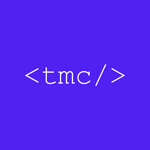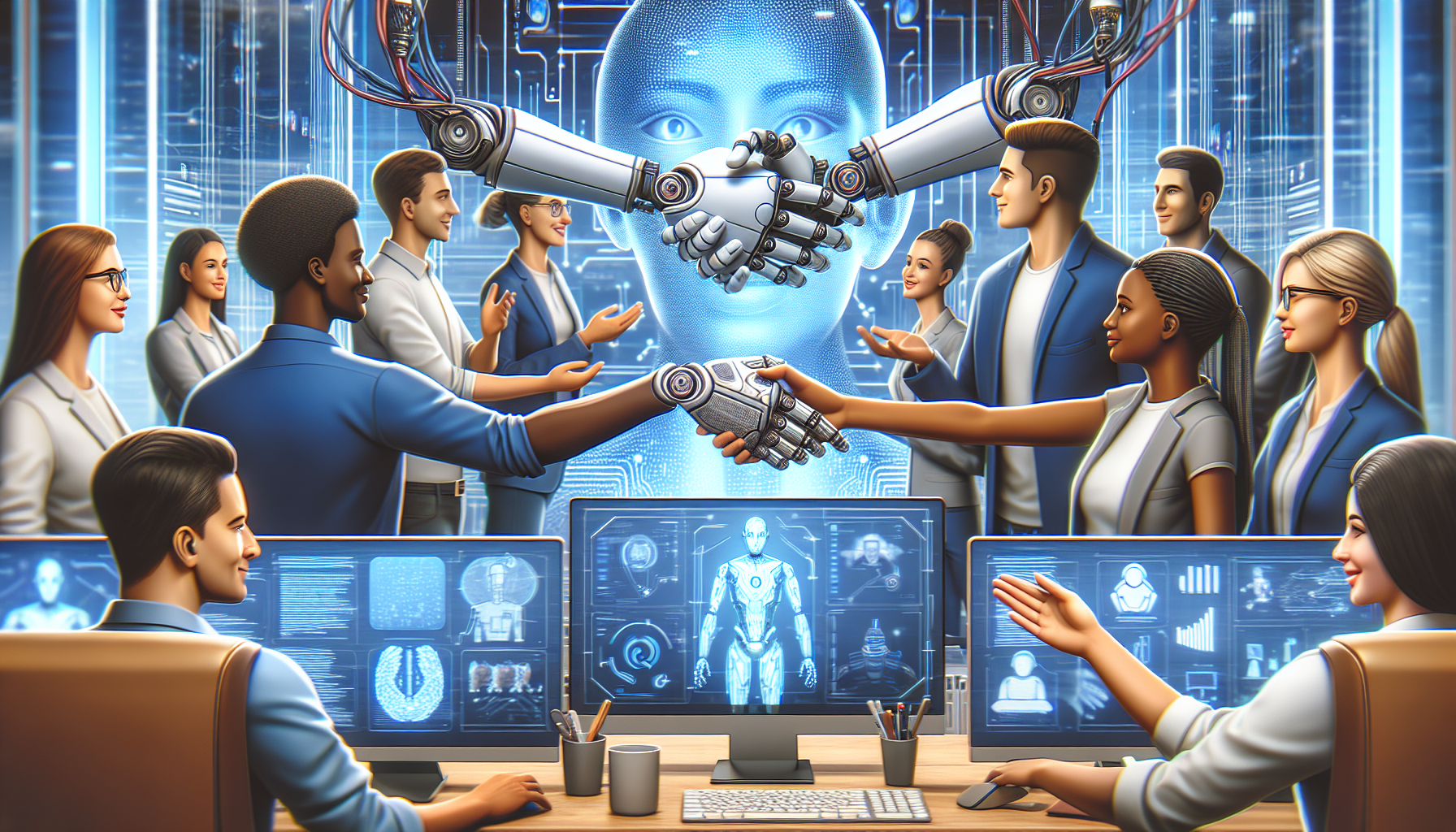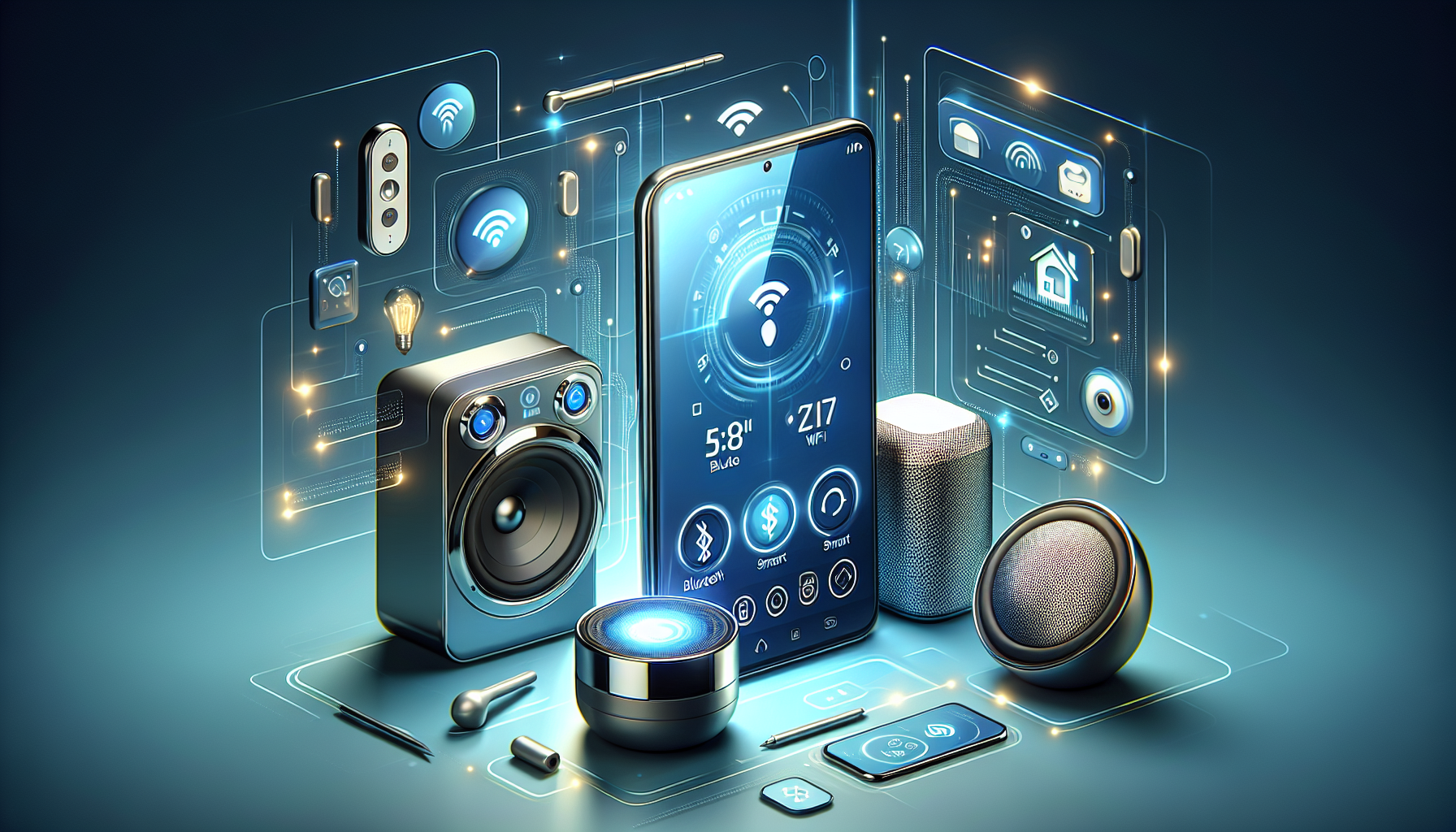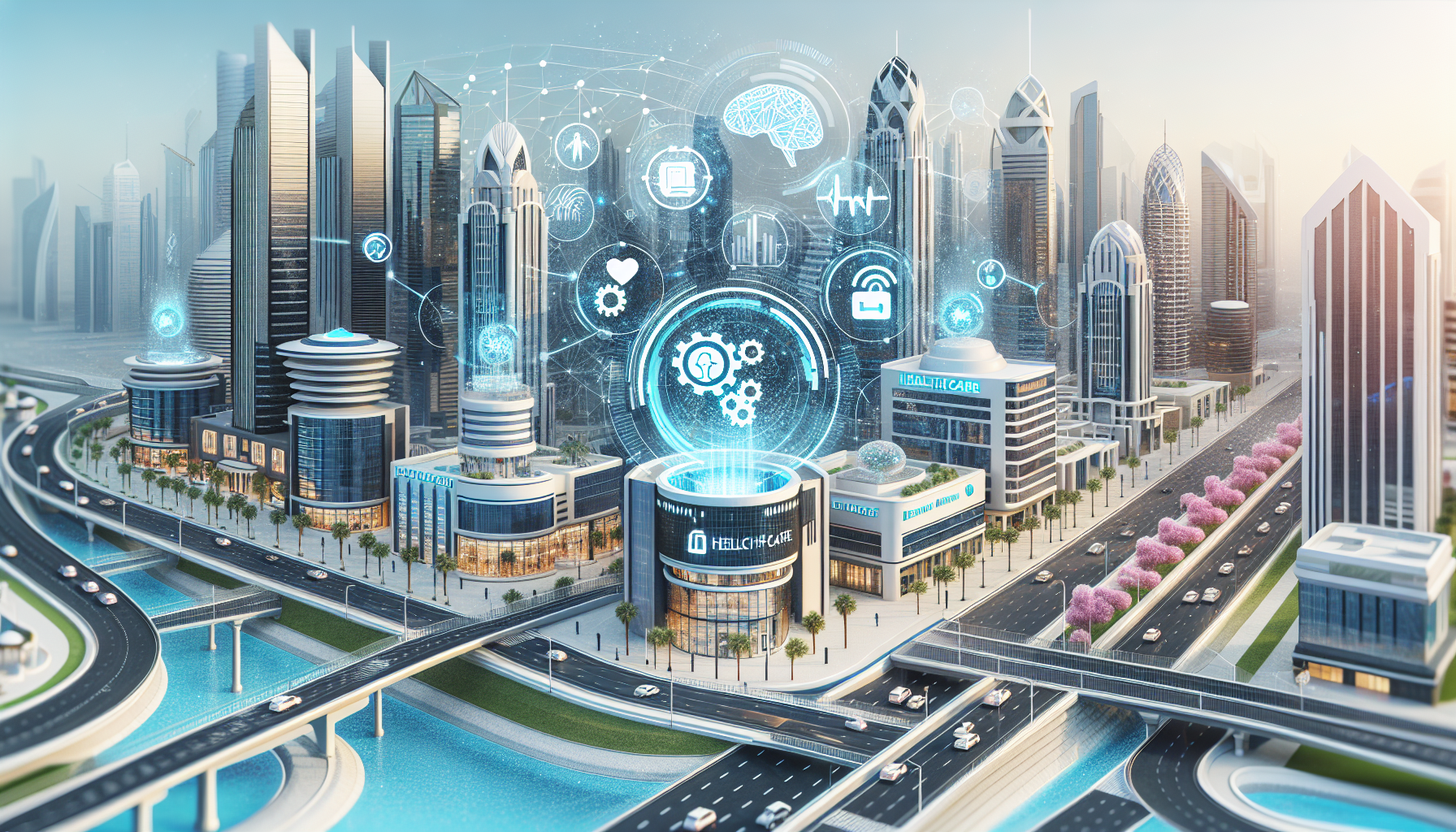

How Tech and Programming Are...
How Tech and Programming Are Shaping the Future of Healthcare
In today’s fast-paced world, technology is reshaping industries across the board, and healthcare is no exception. From the way we diagnose diseases to how we manage patient care, tech innovations, particularly in programming, are revolutionizing healthcare in ways we could only dream of a few years ago.

Imagine walking into a hospital where your medical history is instantly accessible, and your treatment plan is customized just for you. This isn’t science fiction—it’s the power of big data and programming. By analyzing vast amounts of patient data, doctors can now make more accurate diagnoses and tailor treatments to each individual’s needs. This personalized approach, driven by advanced algorithms and machine learning, is leading to better outcomes and more efficient care.
Tech Usage in Medicine:
- Artificial Intelligence (AI) in Diagnosis: AI algorithms, like those used in radiology, help doctors detect diseases such as cancer, pneumonia, or fractures with higher accuracy. These AI tools analyze medical images (X-rays, MRIs) to spot patterns that the human eye might miss.
- Robotic Surgery: Robots are assisting surgeons in performing complex procedures with precision and minimal invasion. Systems like the Da Vinci Surgical System allow for smaller incisions, reduced recovery time, and increased accuracy during delicate surgeries.
- Telemedicine: Patients can now consult with doctors remotely via video calls. Telemedicine platforms make healthcare accessible, especially for people in remote areas.
Wearable Health Devices: Devices like smartwatches and fitness trackers monitor vital signs such as heart rate, sleep quality, and activity levels.
- Virtual Reality (VR) in Therapy and Training: VR is used for pain management and therapy in patients with PTSD, anxiety, or physical injuries.
Every day, developers across the globe are pushing the boundaries of what's possible in healthcare through cutting-edge advancements.
Advancements Currently Being Worked On:
- AI-Powered Drug Discovery: AI is transforming the way pharmaceutical companies discover new drugs. Machine learning algorithms can analyze vast datasets to predict which compounds are likely to be effective in treating specific diseases.
- Digital Twins in Healthcare: A digital twin is a virtual model of a patient’s body that can be used to simulate treatments and predict outcomes before applying them in real life.
- Augmented Reality (AR) in Surgery: Developers are creating AR systems to assist surgeons in performing complex procedures with greater precision.
- AI-Assisted Diagnostics: AI is being used to improve diagnostic accuracy by analyzing medical images (like MRIs and X-rays), and even genomic data.
- 3D Bioprinting: Researchers are developing 3D printing technology to create artificial tissues and organs.
UX-UI Designer
UX/UI Design Course - Learn User Experience at TeachMeCode
Turn your creativity into a lucrative UX/UI design career. Master Figma to create intuitive, user-friendly interfaces, and gain insights into Zeplin and Adobe XD.
Learn More
Training in UX/UI Design
You Will Learn to:
Master Figma to create stunning UI/UX designs for web and mobile. By the course's end, you'll be ready to design intuitive, visually appealing interfaces.
 Certified
Diploma
Certified
Diploma
 Beginner
Level
Beginner
Level
 8
Hours / Week
8
Hours / Week
 AED 7,000
AED 7,000
Conclusion:
Technology is transforming the healthcare industry in remarkable ways, making it more efficient, personalized, and accessible. As these technologies continue to evolve, the potential for better healthcare outcomes and patient experiences will only grow. This is just the beginning of a tech-driven medical revolution.
References:
How Technology is Transforming the Healthcare Sector: AI, Telemedicine, and Future Trends | DCT (https://www.digicast-technologies.com/technology-transforming-healthcare-sector-ai/)
How Technology is Improving Medicine: Telemedicine, AI, Robotics, Wearables and VR |The Enlightened Mindset (https://www.tffn.net/how-technology-has-improved-medicine/)










 Home
Home


















